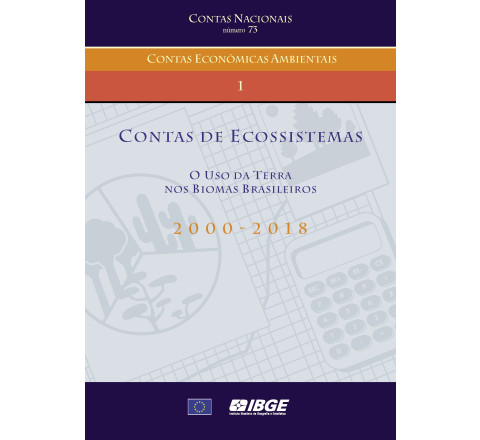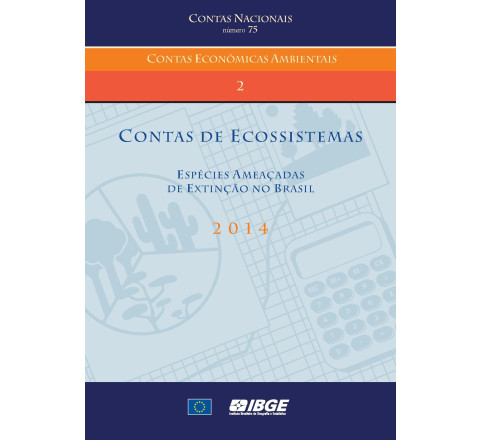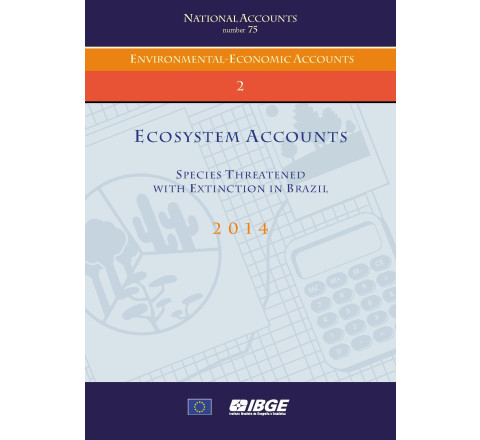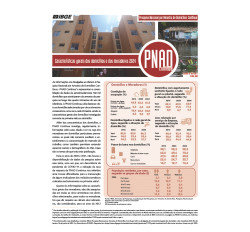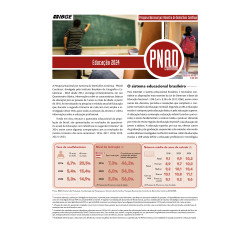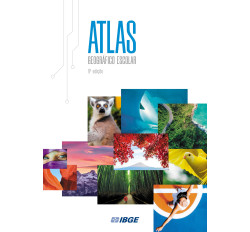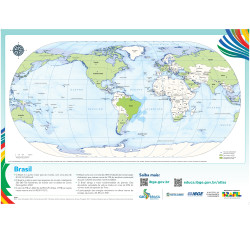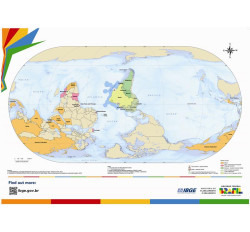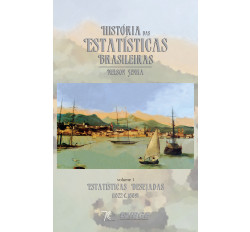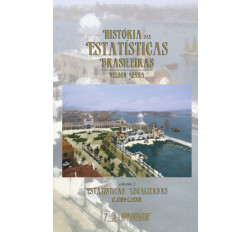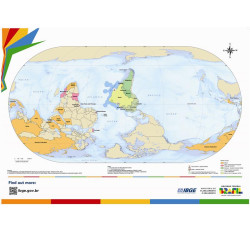Novo 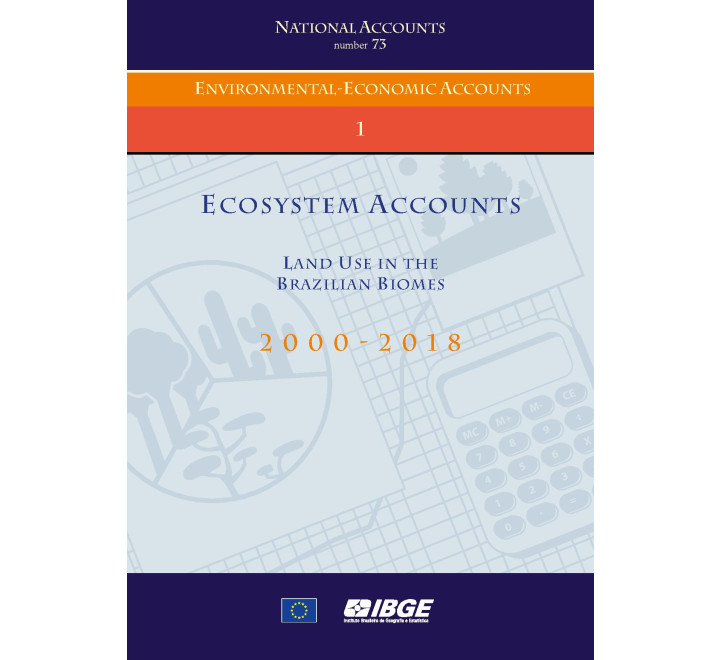

Descrição
Detalhes
Natural Capital Accounting is an accounting framework that allows measuring and comparing, through time, the contribution of natural resources and ecosystems to the social and economic aspects of a given territory, as well as providing dynamic and standardized statistics for planning and decision-making in order to promote more efficient and sustainable choices in resource management. By recognizing the importance of integrating environmental data to the System of National Accounts - SNA, in order to account for ecosystem services and register how the use flow of these services by the economic system interferes with environmental assets, IBGE presents in this publication the results of the Ecosystem Extent Account, in the context of the
System of Environmental Economic Accounting - SEEA. The main objective of this first edition is to offer an analysis of the extension of natural areas of ecosystems in the National Territory and an approximation of their conservation status based on the changes observed in the period from 2000 to 2018. In order to accomplish this, Brazilian Terrestrial Biomes where adopted as the official environmental approach compatible with the ecological concept of spatial units foreseen in the methodology of the Experimental Ecosystem Accounting of the United Nations. In the Brazilian case, the Amazônia, Cerrado, Mata Atlântica, caatinga, Pampa and Pantanal Biomes were considered. As a starting point for future editions, a summary of the data from
the Monitoring of Land Cover and Land Use of Brazil is presented, also prepared by IBGE, based on the interpretation of the natural and anthropic areas identified in this mapping and the changes that occurred throughout the historical timeline, thus evidencing the evolution of the territorial environmental dynamics. In addition, analyses of the main land use conversions circumscribed to each biome are also implemented, where the vectors of change responsible for the transformations of each
portion of the National Territory can be interpreted. This study contributes to the application of the international recommendations contained in the System of Environmental-Economic Accounting 2012: Experimental Ecosystem Accounting,
SEEA-EEA, developed by the United Nations in the context of the Natural Capital Accounting and Valuation of Ecosystem Services - Ncaves project, in partnership with the European Union. The results presented constitute a starting point for future research in Ecosystem Accounting, encompassing other scales of analysis and ecosystem condition indicators that reflect the
diversity of landscapes in Brazil. Therefore, it is expected to embrace the variety of relevant and priority environmental issues on the national and international agenda in order to promote a dynamic portrait of the country in terms of natural resources.
Informação Adicional
Informação Adicional
| Código | 000203 |
|---|---|
| Código de Barras | Não |
| ISSN / ISBN | ISSN 1415-9813 |
| Abrangência | Brasil |
| Mídia | Livro |
| Número de Páginas | 102 |
| Peso (Kg) | 0.2300 |
| Link para download | https://biblioteca.ibge.gov.br/visualizacao/livros/liv101836.pdf |
Comentários
Queremos saber sua opinião
Apenas usuários registrados podem comentar. Por favor, identifique-se ou cadastre-se

